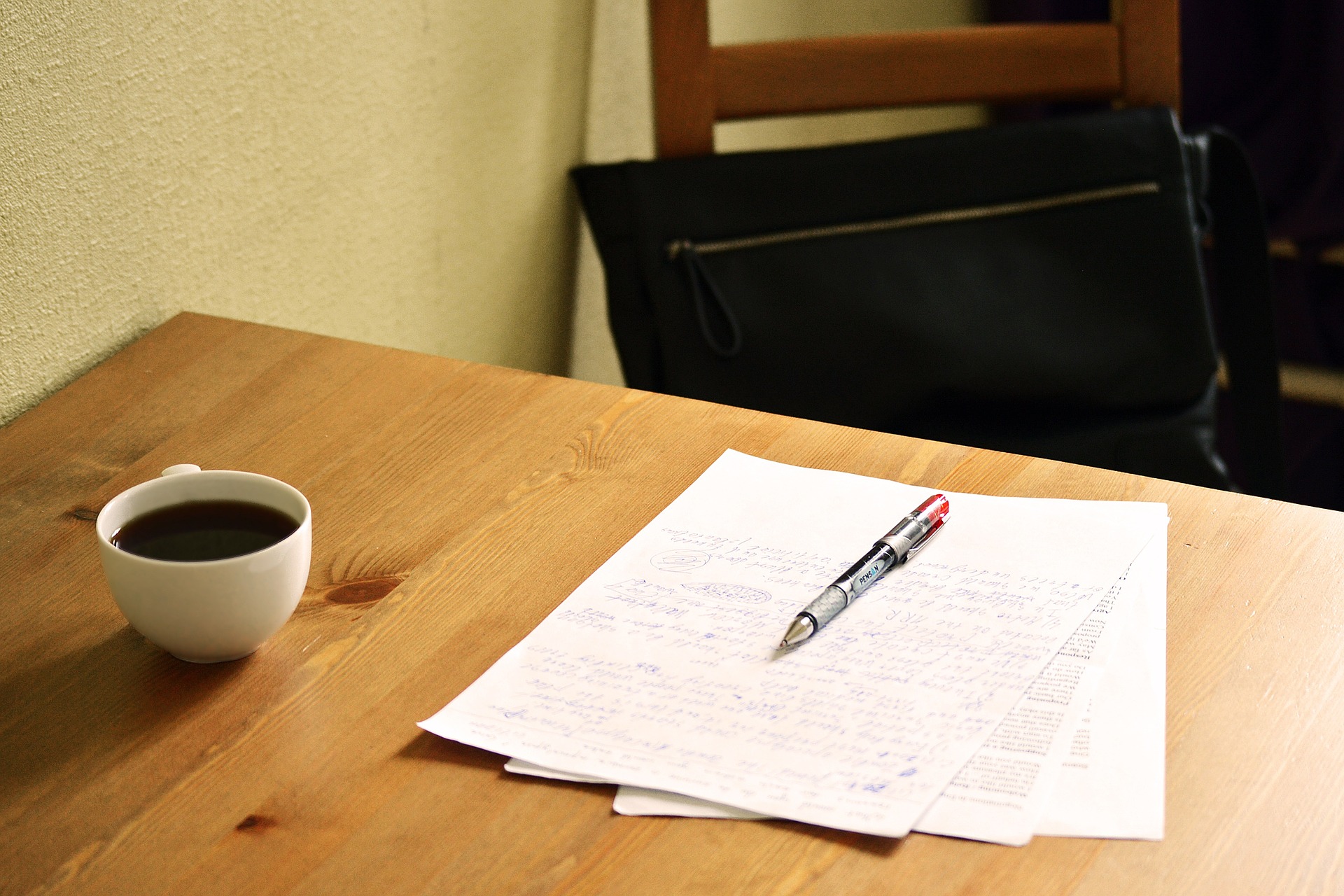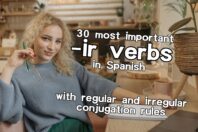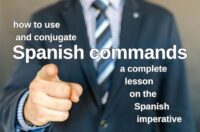Spanish Grammar: 14 Ways To Use Quedar & Quedarse

Get our free email course, Shortcut to Conversational.
Have conversations faster, understand people when they speak fast, and other tested tips to learn faster.
More infoQuedar is one of the most versatile verbs in the language, with several meanings depending on the context.
In this post, we will cover the many flexible ways to use quedar in Spanish, including its pronominal form quedarse.
Quedar conjugation
Before we review how to use quedar, let’s cover its most important conjugations.
Quedar is a regular -ar verb. This means that it has a regular root is qued-, and it just takes the regular endings for each tense. Here’s how to conjugate quedar in the three main tenses:
| Subject pronoun | Present | Preterite | Future |
| Yo | Quedo | Quedé | Quedaré |
| Tú | Quedas | Quedaste | Quedarás |
| Él, Ella, Usted | Queda | Quedó | Quedará |
| Nosotros/as | Quedamos | Quedamos | Quedaremos |
| Vosotros/as | Quedáis | Quedasteis | Quedaréis |
| Ellos, Ellas, Ustedes | Quedan | Quedaron | Quedarán |
How to use Quedar
Now that we reviewed the essential quedar conjugations, we can list each possible scenario where we can use quedar.
1. When something or someone stays in the same state they were before an event
- There was an accident and only three people remained uninjured – Hubo un accidente y solo tres personas quedaron ilesas
- I fried some chicken nuggets but surprisingly the kitchen remained clean -Freí algunos nuggets de pollo y sorprendentemente la cocina quedó limpia
2. Something’s final result
- The game finished 4-0 – El juego quedó 4 a 0
- Did they end up as friends? – ¿Quedaron como amigos?
3. From a group of elements that can be bought or consumed, points out how many we have left
- There are five white dresses left – Quedan cinco vestidos blancos
- There is still time left to do the essay – Todavía queda tiempo para hacer el ensayo.
4. To point out undone processes or tasks
- We have a lot of work left to do – Queda mucho trabajo por hacer
- There’s just that wall left to paint – Sólo queda esa pared por pintar
5. To indicate the place in which something is
- The restaurant is three streets away from here – El restaurante queda a tres calles de aquí
- Mount Roraima is in Venezuela – El monte Roraima queda en Venezuela
6. Specifies the remaining period of time until an event will end
- There are three days left until Christmas Eve – Quedan tres días para Nochebuena
- There are just two weeks of vacation left – Sólo quedan dos semanas de vacaciones
7. When we make an agreement or date with someone
- We agreed to meet at 5 pm in the coffee shop – Quedamos en vernos a las 5 pm en la cafetería
- Juan and María agreed to go to the movies – Juan y María quedaron en ir al cine
8. To point out the impression that something makes
- The painting looks good on that wall – El cuadro queda bien en esa pared
- That lamp will look bad there – Esa lámpara quedará mal ahí
Quedarse
Quedar can also be used as a pronominal verb, meaning that it is used with reflexive pronouns to indicate that the action is executed by the subject of the sentence on itself. The infinitive of the pronominal form is quedarse.
To use quedarse, we conjugate the verb according to the subject pronoun, and we add the corresponding reflexive pronoun:
| Subject Pronoun | Reflexive Pronoun |
| Yo | Me |
| Tú | Te |
| Él, Ella, Usted | Se |
| Nosotros/as | Nos |
| Vosotros/as | Os |
| Ellos, Ellas, Ustedes | Se |
Depending on the message you want to convey, quedarse can be used in the following scenarios:
1. For pointing out how something looks or fit on a person
- That dress looks ugly on you – Ese vestido te queda feo
- These pants don’t fit me – Estos pantalones no me quedan
2. When something stays in a particular state for a particular period of time
- He stayed single – Él se quedó soltero
- We remained silent – Nos quedamos en silencio
3. When someone stays in a particular place
- We stayed in Cancun for a week – Nos quedamos en Cancún por una semana
- María stayed at her house the whole weekend – María se quedó en su casa todo el fin de semana
4. To stop before getting to the final destination
- The runner stopped short just one meter before the goal – El corredor se quedó atrás un metro antes de la meta
- The car broke down, so we stopped in the middle of the road – El carro estaba dañado así que nos quedamos en el medio de la carretera
5. To become the new owner of something
- I’m not going to try anything else on, I’ll go with this shirt – No me probaré nada más, me quedo con esta camisa
- When you move I’ll end up with with your collection – Cuando te mudes me quedaré con colección
6. To prefer something above other options
- I’ll stick with the fried chicken – Me quedo con el pollo frito
- This house is ok, but we’ll stick with ours – Esta casa está bien, pero nos quedamos con la nuestra
How to use Quedar: Exercises
How well do you know how to choose between and conjugate quedar and quedarse?
Test your understanding by translating the following sentences. The answers are below.
- The white shirt fits you better
- There were no patients left to attend
- He stayed there waiting for the bus
- The competition was tied
- They did not stay on the beach
- There are just five toys left
- Laura and José were stranded on the road
- There are many dresses left to sew
- The beach is close to his house
- When you left your house I’ll keep your notebook
- There is a week left to see you
- I like nachos but I prefer french fries
- We agreed to meet at 8 pm at the restaurant
- The flowers look good in the garden
Answers
- La camisa blanca te queda mejor
- No quedó ningún paciente por atender
- Se quedó allí esperando el autobús
- La competencia quedó empatada
- Ellos no se quedaron en la playa
- Sólo quedan cinco juguetes
- Laura y José se quedaron varados en la carretera
- Quedaron muchos vestidos por coser
- La playa queda cerca de su casa
- Cuando te vayas de tu casa me quedaré con tu cuaderno
- Queda una semana para verte
- Me gustan los nachos pero me quedo con las papas fritas
- Quedamos en vernos a las 8 pm en el restaurante
- Las flores quedan bien en el jardín



